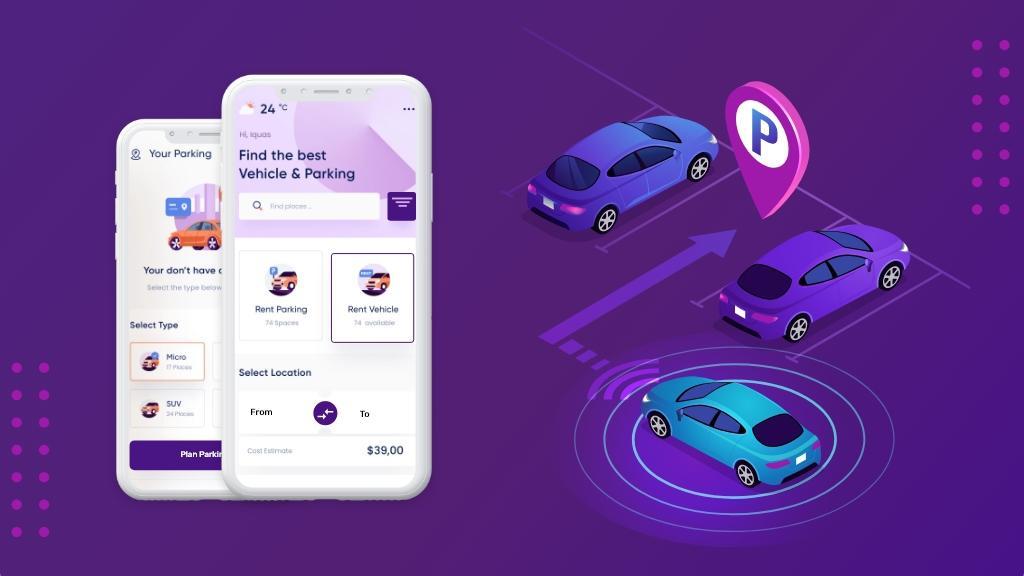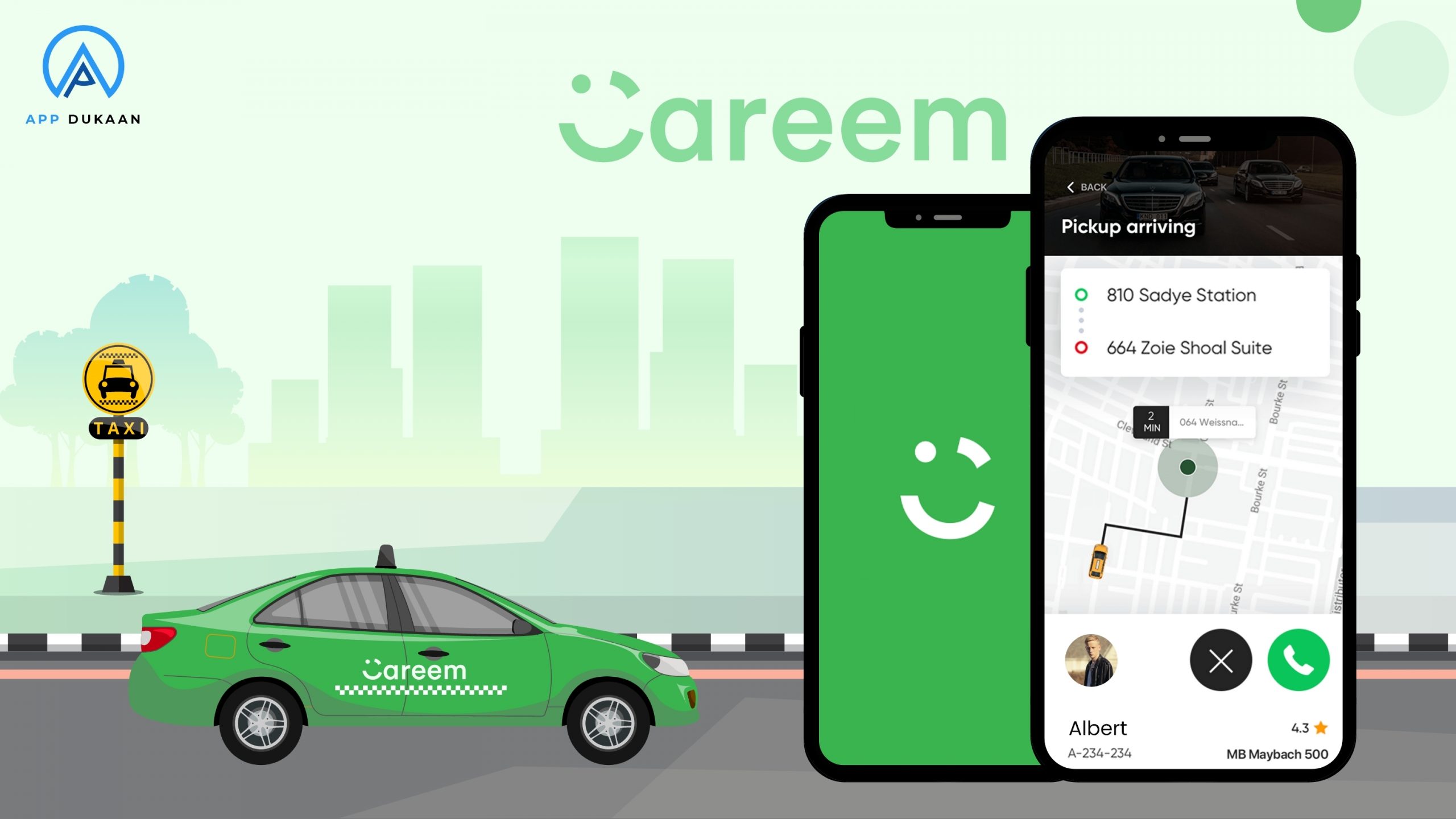Share
Why Is Real Estate App Development Necessary For Your Business?

Are you still not convinced that real estate app development can help your real estate business grow in the market? Don’t worry, after reading this blog you will get to know how real estate app development will uplift your business just like any other food delivery app or grocery delivery app.
As you know now, the usage, development and impact of mobile applications are increasing continuously. This surely shows that if your business has a mobile app to do everything that you are doing offline, it will be so much easier and beneficial.
According to a study conducted by The National Association of Realtors (NAR), 73% of people use digital tools like a website or mobile app while looking for a home. To be precise, 58% of people found their home on a mobile device and 14% of buyers found a real estate agent on a mobile device.
In this blog, you will find out how real estate app development will help in upgrading your business in the marketplace. Keep on reading further to find out more!
Why Is Real Estate App Development One Of The Top Industry Trends?
Real estate app development for your business will help you level up from your competition. If your real estate app is user-friendly and engaging then obviously potential customers will choose your business. With that in mind, let’s take a look at what a bespoke real estate app can provide you:
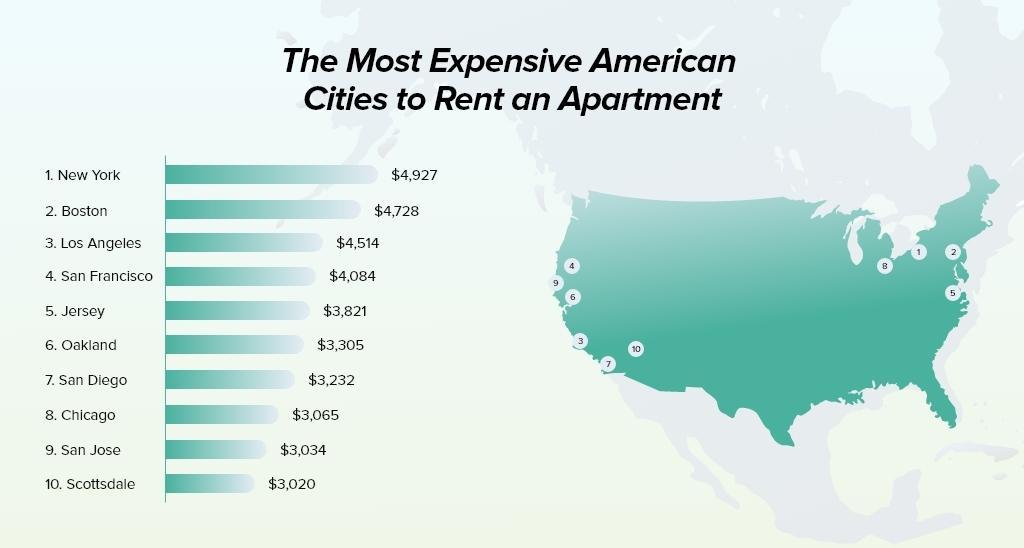
Quick Sales Process
Using a tailored real estate app development solution, agents will be allowed a speedier sales process. Long showings may be cut down with virtual tours, the paperwork could be digitally signed and shared, and properties could be discovered more rapidly.
Furthermore, agents will be able to obtain real-time data and analytics on their customers’ searches by using Softermii’s LJ Hooker Avnu programme. They may then use that data to create a more thorough buyer profile and restrict their search.
24*7 Communication Channel
It may be a difficult moment for someone who is trying to buy a house. They will have a lot of options, and they may need to make a quick decision. As a consequence, they’d want to be able to reach their agent at all times. Having a communication channel available 24*7 through an app would allow for more instantaneous talks and reduce wait times.
Rewarding Customer Experience
Clients will be able to enjoy a customised experience that is tailored to their specific requirements from your real estate app. They will be able to store their searches and favourite houses, access extensive neighbourhood information, take 3D tours, a mortgage calculator and among other things.
Client satisfaction will increase if you provide a satisfying experience, and according to a recent Criteo research report, real estate mobile applications are twice as likely to retain customers than websites.
Automate Routine Tasks
Agents will be able to delegate a large portion of their time-consuming responsibilities. Property information may be auto-filled, and chatbots can respond to potential clients and create leads in real-time. Homebuyers may profit from automation as well since they can obtain papers immediately, submit offers, and be alerted of new intriguing houses.
Features To Include In Your Real Estate App Development Process
When deciding what features to include in real estate app development, it is critical to first evaluate who the app’s target audience would be. It is also critical to look at functioning. With that stated, let’s go through some specific features in further depth.
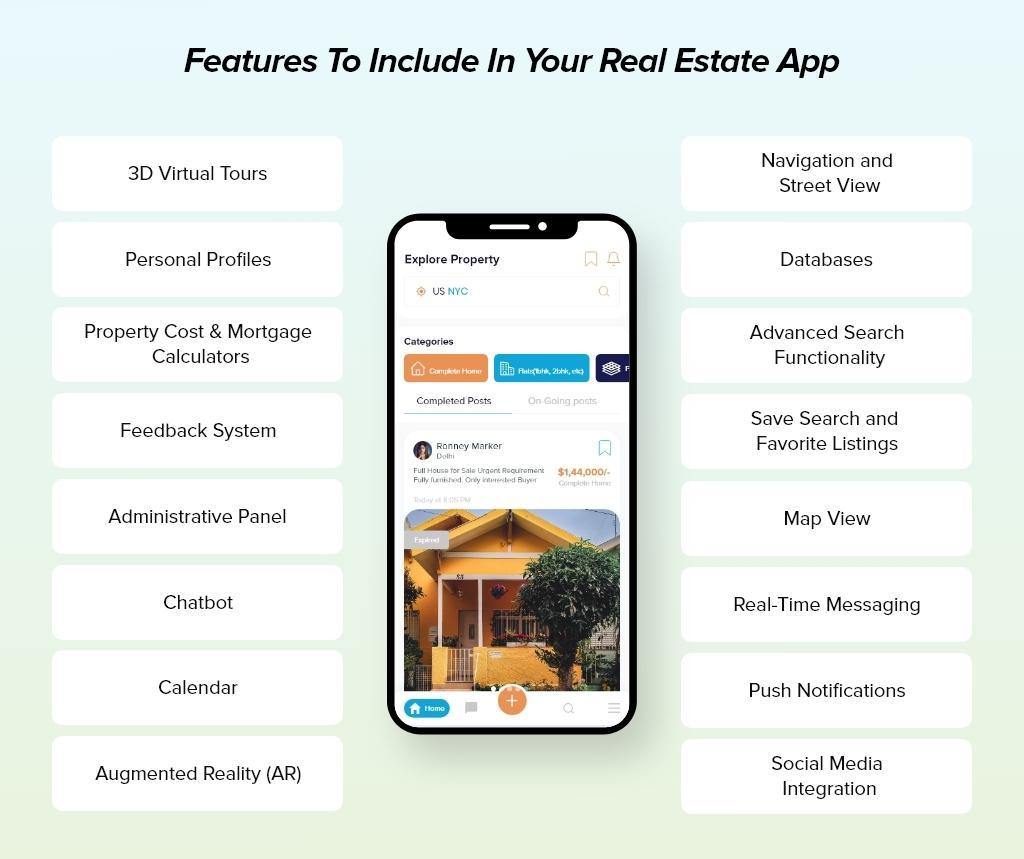
Street View & Navigation
Users may gain a more in-depth understanding of the region that a property is in, similar to maps. Interested parties may preview the neighbourhood using a Google Maps API without needing to visit there in person. They may travel through streets and provide a more immersive experience that a map cannot provide.
Databases
A real estate app, particularly a real estate search app, must include integrated databases. Multiple Listing Service (MLS) is the most widely utilised method for receiving listing data that may be used to populate searches. MLS data may be streamlined and configured to meet the application’s format with the use of third-party programmes such as iHomeFinder and APIs.
Advanced Search
An app may deliver more relevant results by utilising AI and analytics. Location, year of construction, square footage, lot size, listing type, price range, property type, and amenities should all be available in all search features.
Favourite Listings & Save Search
To keep users, they should be able to save a list of properties and searches to which they may return. It will also be beneficial for agents to see what their clients are interested in so that they may propose comparable choices. The area to return to favourited listings should be easily available either on the user’s profile or on the user’s homepage.
Map View
It is critical to have a map view integration in your real estate app development that provides precise information about the surroundings of a listing. Users may view information about nearby transit, schools, and other points of interest by combining it with map APIs. They might view even more information using geolocation.
Real-time Messaging
To interact with one another, agencies, agents, and homebuyers should all have access to complete instant messaging. They should be able to not only communicate and email each other but also transfer files and attachments.
Push Notifications
Push notifications are critical for user retention and consumer engagement. They can notify users of significant information, such as price adjustments or new listings, and encourage them to use the app more actively.
Social Media Integrations
Users should be able to sign in using their pre-existing social media accounts, such as those from Facebook and Twitter, throughout the onboarding process. It not only provides ease, but it also fosters trust.
Virtual Tools
Virtual tours may make properties more appealing to purchasers. It gives a more thorough perspective and layout of the property, offering an accurate picture and comprehension that descriptions sometimes fall short of.
More Features To Consider In Real Estate App Development
Personal Profiles
A realtor might explain their experience and specialities in order to attract potential clients. They can also highlight their listings and availability. They could even have a QR code that directs you to their profile. A buyer should be able to access their stored listings and searches.
Mortgage Calculations
Down payments, taxes, and interest can be used to calculate property expenses, whereas mortgages might include monthly payments, taxes, and insurance.
Feedback System
Homebuyers might develop loyalty and trust as a result of ratings. An app can be more accurate and open about its information if it allows former customers to provide feedback for brokers or landlords and users to leave neighbourhood evaluations.
Admin Dashboard
This function is highly beneficial to real estate brokers, property managers, and landlords. Each party would be able to post or delete listings, as well as track their earnings.
Chatbot
Customers may obtain on-demand responses without delay via a chatbot and online chat. Frequently asked questions can be automatically answered, and users will be able to learn more about a certain issue without having to seek it within the programme.
Calendar
Buyers may use a simple calendar function to arrange viewings or meetings with their agents. They will be able to view and book available dates using the property listing app.
Augmented Reality
AR can be advantageous to both buyers and sellers. Users who are interested in customising their houses will be able to do so with fresh wall colours, alternative furnishings, and updated interior designs.
Innovative Tech Stack To Implement In Real Estate App Development
There are several new and developing technologies that may be used in real estate app development and realtor mobile apps. Some examples may be:
- Task Automation With AI: AI can automate data gathering, information processing, the creation of analysis and reports, and some client interactions.
- Property Showings With AR/VR: Buyers will be able to see homes from their phones and tablets if they use real estate VR software. They will also be able to use AR to personalise their houses.
- IoT Technologies: Productivity can be enhanced, processes can be simplified, and customer involvement can be increased. There are several advantages to adding IoT into a real estate app.
- Big Data: Detailed analytics may be obtained by studying and extracting information from vast volumes of data. It can forecast a user’s behaviour and decisions, allowing for more relevant search recommendations and notifications.
Factors Affecting The Cost Of Real Estate App Development
You may be asking how much it costs real estate app development at this time. Unfortunately, due to a variety of circumstances, there is no definitive solution. Some of these include the complexity of your programme, whether you create it in-house or outsource it, and the total features.
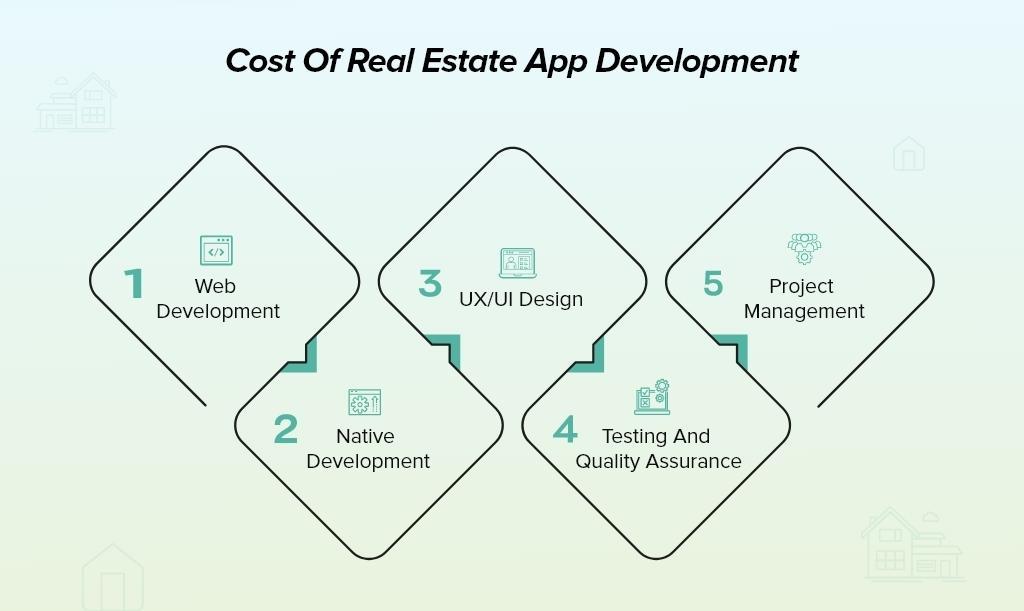
However, we can evaluate the major steps of the development process to acquire a ballpark figure on the expenses. The following data is based on a $30 hourly salary.
Web Development
This step entails developing a personalised panel for administrators. This can include sophisticated analytics, automated marketing, membership management, and other features.
Native Development
Reactive native entails creating an iOS or Android app, or both. However, there will be lesser steps before getting started, such as prospecting marketing insights and designing realtor mobile app designs. The apps must also adhere to rigorous regulations and criteria imposed by the Apple Store, Amazon Appstore, and Google Play.
UI/UX Design
A distinctive UI/UX design will develop responsive user interfaces and enjoyable experiences by analysing your target population. Furthermore, if it is cross-platform software, an adaptable real estate mobile app design will operate seamlessly on any device.
Testing & QA
It is critical to test your product before releasing it to the public. Softermii will do both human and automated testing to verify that performance is unaffected and that all problems are removed. Additionally, this will give insights into the application’s usage, which may be used to improve features and interfaces.
Project Management
A project manager will ensure that objectives are fulfilled and that the project scope stays as specified. They will also conduct risk evaluations to detect any security flaws and communicate with you about the whole development process.
A basic and straightforward solution might range in price from $25,000 to $45,000. However, more complicated real estate applications, such as the one seen above, can cost upwards of $70,000 to develop.
Final Words
Purchasing or renting a new house got easier than ever once mobile applications were introduced to the real estate sector. These apps assist all stakeholders involved in the search process, from agents to brokers to customers. A professional and well-developed real estate app may be a great success, especially because homebuyers are more likely than ever to conduct internet searches.
AppDukaan guarantees that you are fully equipped to enter and remain competitive in the market with a competitive app. We will assist you in discovering the digital potential of your real estate firm and making your vision a reality. Contact us for a free consultation and start your development process right now.
Rate this article!

Lively and spirited. You may call me a tech-geek. I like to explore latest advancements in the technical areas and develop case studies. Being a computer science graduate, I like to traverse through the technical platforms as well. You can find me understanding or playing with the latest technology




